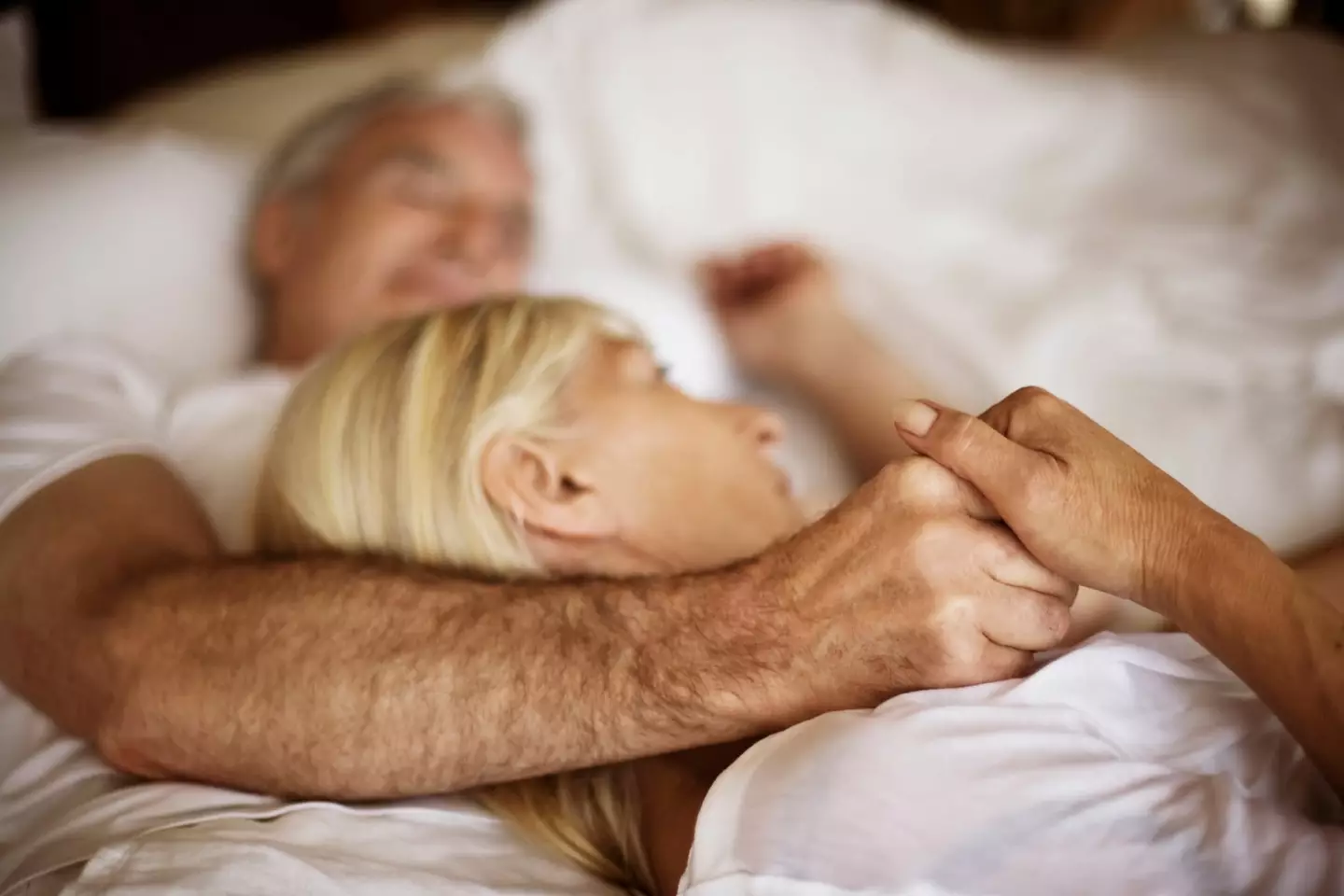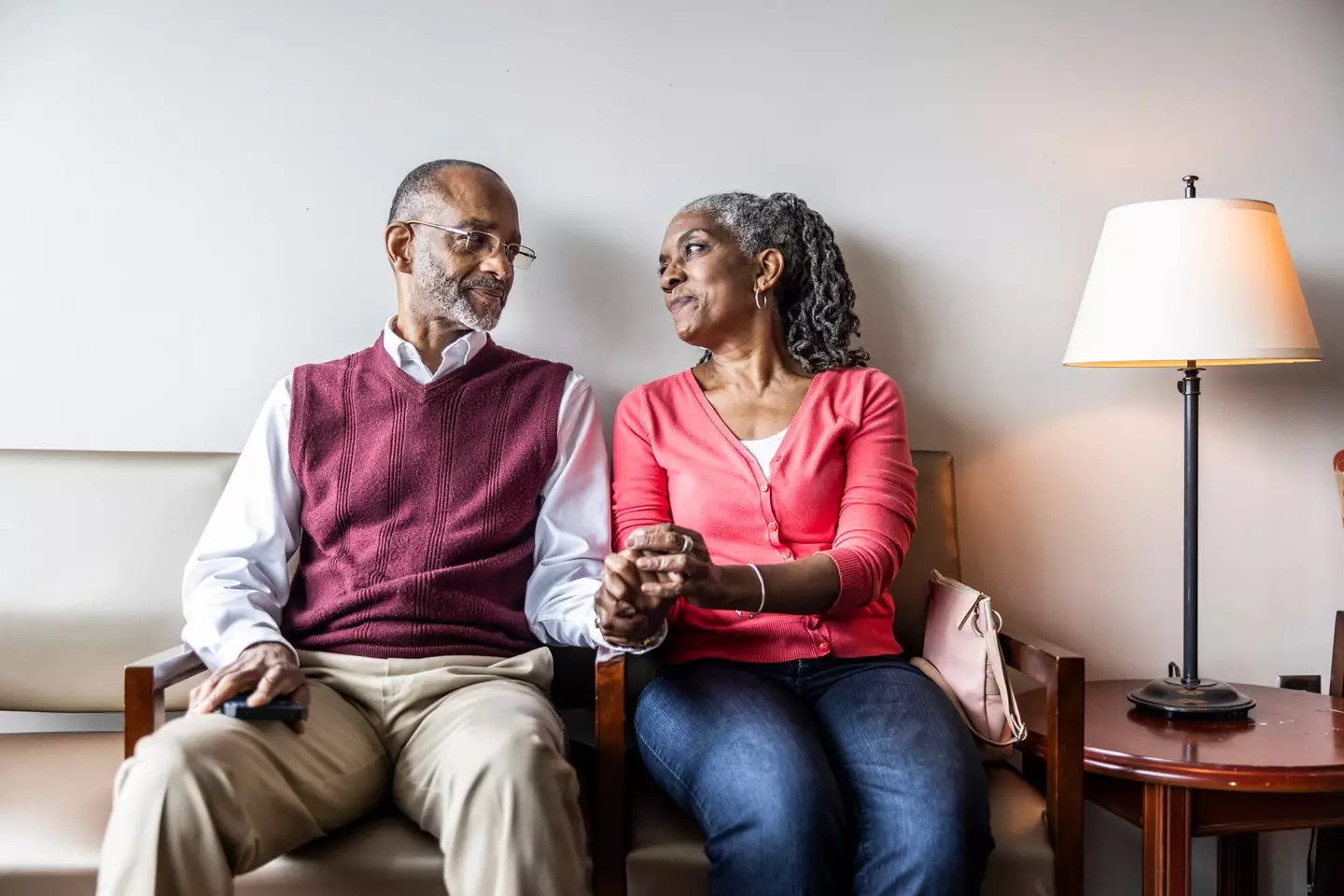
Let’s talk about sex - or at least the times of day different age groups should have it and why.
Sex really does solve a lot of issues in a relationship (obviously, not all).
Not only does it help to solidify connections with each other, but it’s also something that ensures you’re feeling less stressed and more in love.
Anyway, having sex (whether it’s a lot or rare) depends largely on your life situation, such as age, health, work and whether or not you have children.
Advert
So, it’s only natural for your sex life to change every now and then - but how do you work around this?
Perhaps a schedule? A survey by Lovehoney found that 60 per cent of people do not plan for sex, and 38 per cent are willing to do it in the future.
But what time is the best for your age? According to a sex expert (sexpert for short), your hormones play an important role when you’re likely to get off.

Age 20-30
We all remember our 20s, particularly the early side of that decade and boy, was it full of sex.
According to Mike Kocsis, hormone health expert and founder of Balance My Hormones, this is because your hormones are the most ‘robust’ throughout your 20s.
“You have a higher libido, especially around ovulation, and you have more energy and emotional response to intimacy,” Mike explained to Metro.
So, you might be ready to go as soon as you wake up as you’re biologically ready to be on the baby making train.
So, get going in the morning.
Obviously, you’ve got more time to be spontaneous without kiddies running around, so you can afford to be lax on a sex schedule.
Age 30-40
After going through with your baby making plan, now you’ve found that you have less time to dedicate to sexual encounters with your other half.
So, you have to have sex whenever time presents itself.
Even if you don’t have kids, you’ve probably got a stressful job, which makes it hard for you to want to get into the mood once you’ve clocked out.
Stress, from any source, affects your sex hormone production, with Mike sharing that stress releases prolactin, which ‘supresses reproductive function’ in your body as well as minimizing dopamine.
But that doesn’t mean it’s a sex killer, as your 30s are a time for ‘deeper and more emotionally satisfying’ sex.

“Sex can become less driven by hormonal spikes and more by trust, connection, and oxytocin-driven bonding,” Mike said. “Fluctuations in oestrogen and testosterone can make sex drive less predictable, but stronger body awareness and emotional depth can lead to more satisfaction.”
Age 40-50
Finally, you’ve entered the stage where things settle down a little bit.
Your kids might be older; your job may have become less stress-filled and now you’ve got time for that morning sex again.
However, menopause might be around the corner between 45-55, which can lower libidos and for men as testosterone may lower, making it harder to orgasm.
But for Mike, this means that it’s important to carve out some time for ‘intentional, pressure-free’ sex.
Age 50-60
Here’s when oestrogen and testosterone decline, and ‘oxytocin becomes more important than ever for intimacy'.

So, even if it’s not sex, intimacy is very important to keep.
As for the time, perhaps morning or midday when your energy levels are at their highest.
Age 60+
According to Mike, your 60s are when your hormones take you to a ‘phase of sexuality that’s richer and more intentional than ever'.
Maybe it’s having less stress, kids and work to worry about?
Anyway, at this point, you’ve got all of the time in the world but perhaps late afternoons and early evenings are key here as you’ll have wound down from the day and it’ll bring you a nice glow just before dinner and an early night of rest.
Anyway, the key takeaway here is that scheduling your sex life isn't a bad thing - it might just improve it.
Topics: Health, Sex and Relationships, Community, Mental Health
